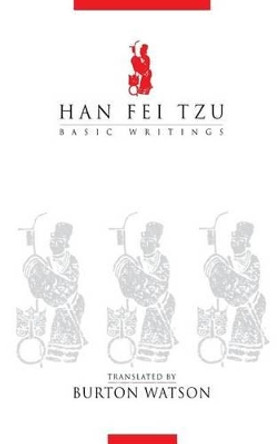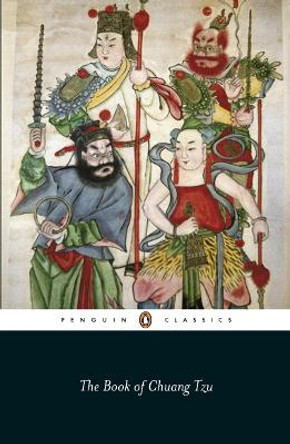Hsun Tzu set forth the most complete well-ordered philosophical system of his day. Although basically Confucian, he differed with Mencius, his famous predecessor in the Confucian school, by asserting that the original nature of man is evil. To counteract this evil, he advocated self-improvement, the pursuit of learning, the avoidance of obsession, and constant attention to ritual in all areas of life. With a translation by the noted scholar Burton Watson, includes an introduction to the philosopher in relation to Chinese history and thought. Readers familiar with Hsun Tzu's work will find that Watson's lucid translation breaths new life into this classic. For those not yet acquainted with Hsun Tzu, will reach a new generation who will find his ideas on government, language, and order and safety in society surprisingly close to the concerns of our own age.
Hsun Tzu (born ca. 312 B.C.) provided the dominant philosophical system of his day. Although basically Confucian, he differed with Mencius by asserting that the original nature of man is evil, and also expounded on such subjects as good government, military affairs, Heaven, and music.About the AuthorBurton Watson is one of the world's best-known translators from the Chinese and Japanese. His translations include The Lotus Sutra, The Vimalakirti Sutra, Ryokan: Zen Monk-Poet of Japan, Saigyo: Poems of a Mountain Home, and The Columbia Book of Chinese Poetry: From Early Times to the Thirteenth Century, all published by Columbia.
Book InformationISBN 9780231106894
Author Burton WatsonFormat Paperback
Page Count 177
Imprint Columbia University PressPublisher Columbia University Press









